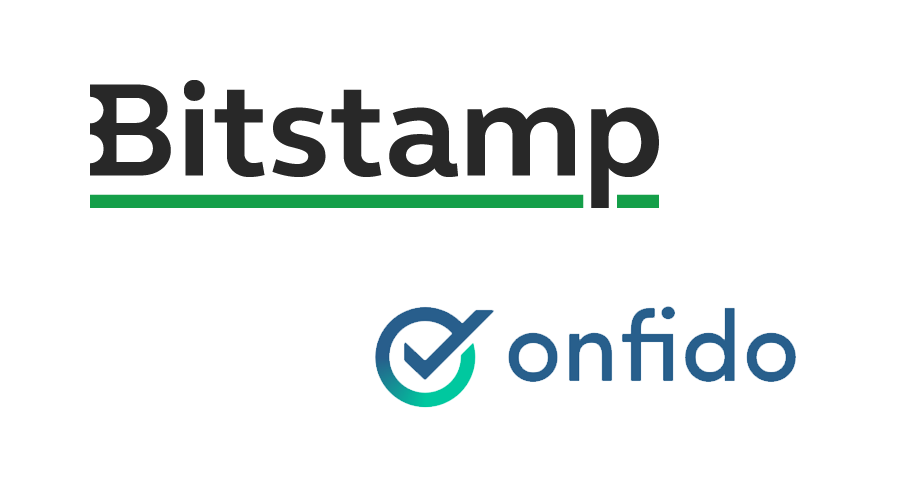EU registered bitcoin and cryptocurrency marketplace Bitstamp announced that it has selected Onfido to help it scale and onboard new customers. Onfido’s full-stack identity verification platform is now live, helping Bitstamp manage a heavy amount of customer signup requests received in the past few months.
The company reported receiving more than 100,000 new customer requests daily, and its customer base doubled since December 2017. Bitstamp is one of the longest-standing global digital currency exchanges and the EU’s largest by volume – now with more than 3 million registered customers on its platform.
Some exchanges responded to the increased demand by closing their platforms to new customers, Bitstamp says they “remained committed to meeting the needs of both new and established customers, despite trading volumes that increased by an incredible 1,384% in 2017.”
“Onfido’s powerful machine-learning technology has allowed us to automate our new customer identity verification process, and still maintain our high standards when it comes to KYC. We’re already seeing positive results when it comes to speeding up our verification process.”
Bitstamp has also quadrupled its staffing level to meet growing customer demand.
As consumer interest in cryptocurrency continues, so do calls for increased regulation. Some countries, such as Japan, have implemented KYC (Know Your Customer) regulations for cryptocurrency exchanges already. Other countries, including the UK and South Korea, are currently working on amending existing or establishing new legislation for ICOs.
Onfido CEO and co-founder Husayn Kassai said, “We are quickly becoming the go-to provider for KYC in this space, and are helping make it more secure. We now work with 15 cryptocurrency companies, allowing them to scale customer onboarding smoothly, and be more vigilant as the digital currency industry faces more scrutiny and regulation.”
